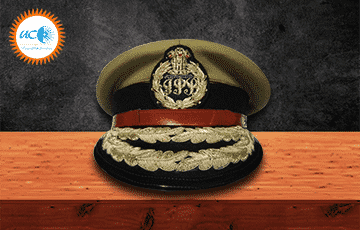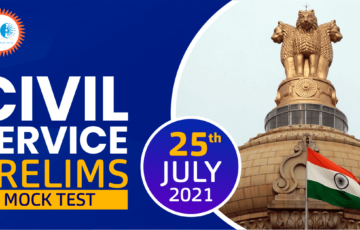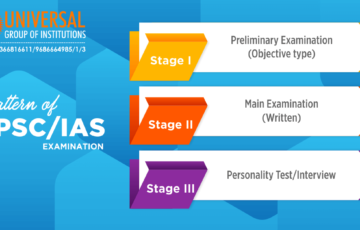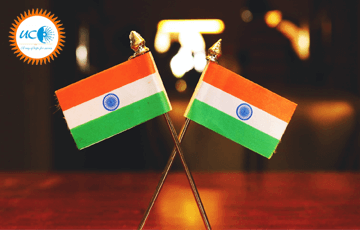Roles and responsibilities of IPS Officers
Roles and responsibilities of IPS Officers
The Indian Police Service is a place where you really can make a difference to society at all levels, with direct interaction with the public.
The IPS is one of the three All India Services. Its officers can be employed by both the Union Government and the individual States, at senior administrative / management positions. The cadre controlling authority for IPS is the Ministry of Home Affairs.
IPS is a highly respected and revered service in the internal security system of India. And as Sardar Patel put it, Indian Police Service along with Indian Administrative Service is the most fundamental pillar of Indian democracy and extremely crucial to for the maintenanc of Law and Order, Peace, Sovereignty and Integrity of India.
• The entry-level designation of an IPS Officer would be ASP (Additional Superintendent of Police) rank. Progressively the officer is promoted to the next level as SP (Superintendent of Police) within 2-4 years of service which is the most crucial of an IPS officer’s career due to the field role he plays in District administration. Further senior levels are – DIG (Deputy Inspector General) Police, IG (Inspector General) Police, Additional DG (Police) and DG (Director General) of Police.
• An IPS officer is the ex-officio head of all the district level officers and Police Stations, including Home guards, Fire services, Armed Police, Unarmed units, VIP Protection units etc..
• Day-to-day duties, particularly in the areas of maintenance of public peace and order, crime prevention, investigation, and detection, collection of intelligence and counter intelligence, VIP security, border policing, railway policing, smuggling, drug trafficking, economic offenses, corruption in public life, disaster management, enforcement of socio-economic legislation, bio-diversity and protection of environmental laws, anti-drugs campaigns, and anti-trafficking operations etc..
• Leading and commanding the Elite Central Police Organizations like Intelligence Bureau, Central Bureau of Investigation, RAW and National Security Guard etc.
• Leading and commanding the Central Armed Police Forces (CAPF) which includes the Central Police Organizations (CPO) such as Border Security Force (BSF), Central Reserve Police Force (CRPF), Indo-Tibetan Border Police (ITBP), Central Industrial Security Force (CISF), Vigilance Organizations and Indian Federal Law Enforcement Agencies etc..
• IPS officers are often responsible for the security of VIP’s especially for the protection of Chief Ministers and Prime minister as well.
• It is the responsibility of an IPS officer to make sure the crisis situation is managed effectively by identifying the cause of the Disaster and to make sure of the security of the people.
• IPS officers have to make sure that there is no physical or economic harm to properties or people in their allotted area. In order to do that IPS officers have to collaborate with local police services to stay proactive and prevent such mishaps from happening.
• IPS posts in commissionerate system acquire magisterial powers as well within CrPC of India, and the officers are referred to as ACP, DCP, JCP or CP (Commissioner of Police).













